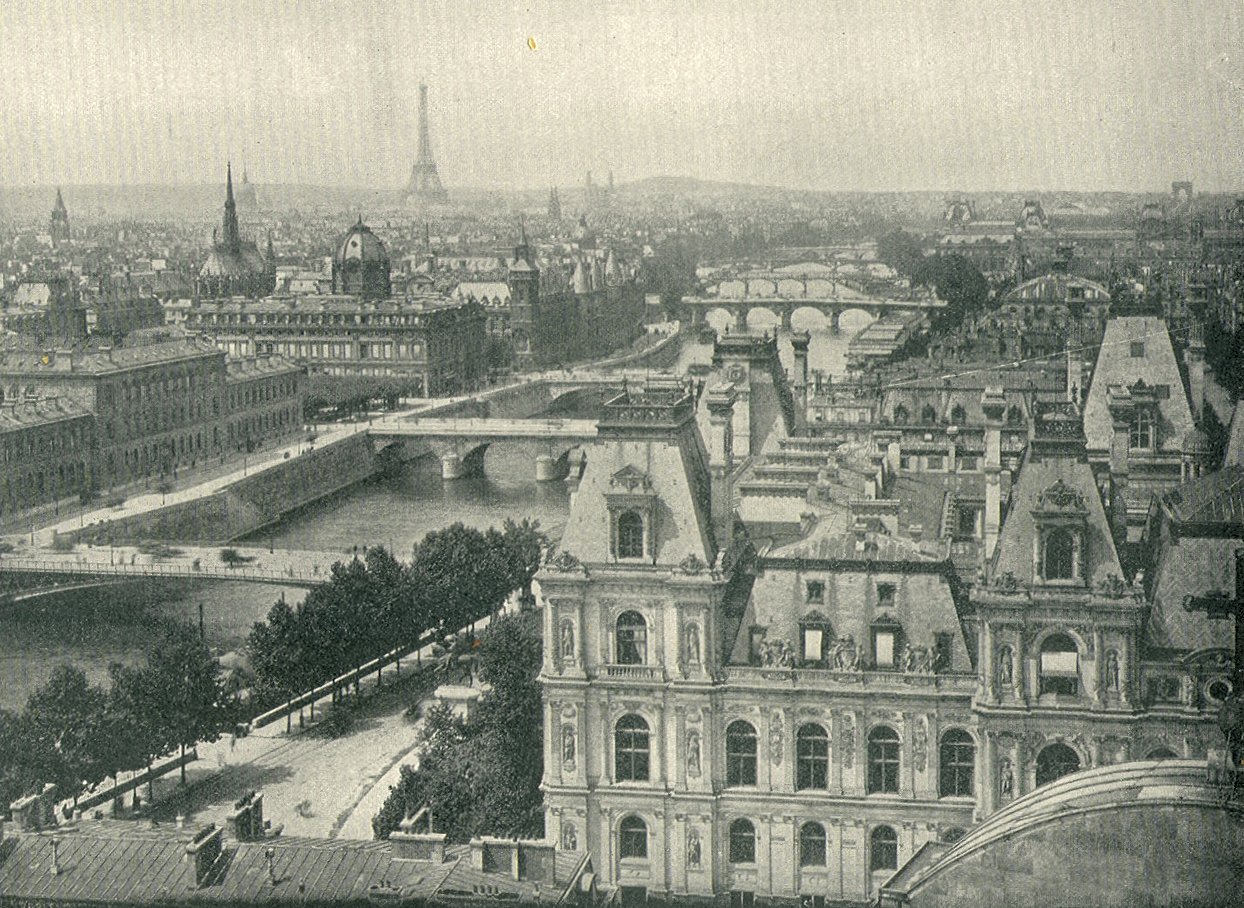Bank Failure : Practical Vedanta
 Have you been hearing about bank failures? Sure enough. Well, let me tell you about one that played a part in the life of Swami Vivekananda.
Have you been hearing about bank failures? Sure enough. Well, let me tell you about one that played a part in the life of Swami Vivekananda.It happened when Swamiji was in Paris, in 1896. Swamiji never missed an opportunity to make friends; many of them were what today we might call VIPs or “big shots.” One of these was an Italian Duchess, the Duchess of Parma, who was then living in Paris.
On this day, the Duchess took Swamiji for a ride in the country out to a suburb for a “change of air,” as they called it in those days. She hired a horse-carriage with its driver, and off they went. (We should tell you first that studying foreign languages was one of Swami Vivekananda’s hobbies, and he recommended it to everyone who could do it. He concentrated on French and learned quite a bit of it.) The Duchess had hired this coachman before, and she now said to Swamiji (in English), “The coachman of this carriage can converse in excellent polished French.” (Something unexpected of a coachman.) While this conversation was going on, the carriage came to the side of the village road. A maid-servant of one of the village families had brought a little boy and girl out for a walk. The coachman stopped the carriage, got out, took the children in his lap and kissed and stroked them, spoke to them awhile, and then got back in the driver’s seat.
Now this was a most unexpected thing. In those days, the end of the 19 century, class distinction was strong. Obviously ,the children were “upper class,” and here was the hired coachman stopping and picking them up as if he knew them! The Duchess was shocked. “Why did you do that?” she asked the coachman.
He turned around and said to her, “They are my children. Have you heard of (Such and such) Bank in Paris?” The Duchess of Parma replied, “That was a big bank, but it has failed.” And the coachman said, “I was the manager of that bank. I watched it fail. To pay back the debt will require several years. Now my ‘neck’ is in the grasp of someone else. I have kept my wife and son and daughter in a rented house in this village. There is just a maid to look after them. With what little I had, I bought this horse-carriage and have taken up driving. I support myself and my family with what I get. But when the debt is paid off, again I will open a bank and be a banker.”
Swamiji, amazed and delighted at this story, said to us all, “This is what I call a Practical Vedantist. This man has understood the essence of Vedanta. Falling from such an estate to this low condition, he is unmoved, steadily going about this work. He is in no way overcome. Thank God for such a power of mind. This man is really a Vedantist.” Swamiji often told the story.
Source: Londone Swami Vivekananda, by Mohendranath Datta
Source: 'Provisions' of Swami Yogeshananda (yogeshananda@vedanta-atlanta.org)
Labels: Hinduism, India, Life, Vedanta, Vivekananda, Yogeshananda

0 Comments:
Post a Comment
<< Home